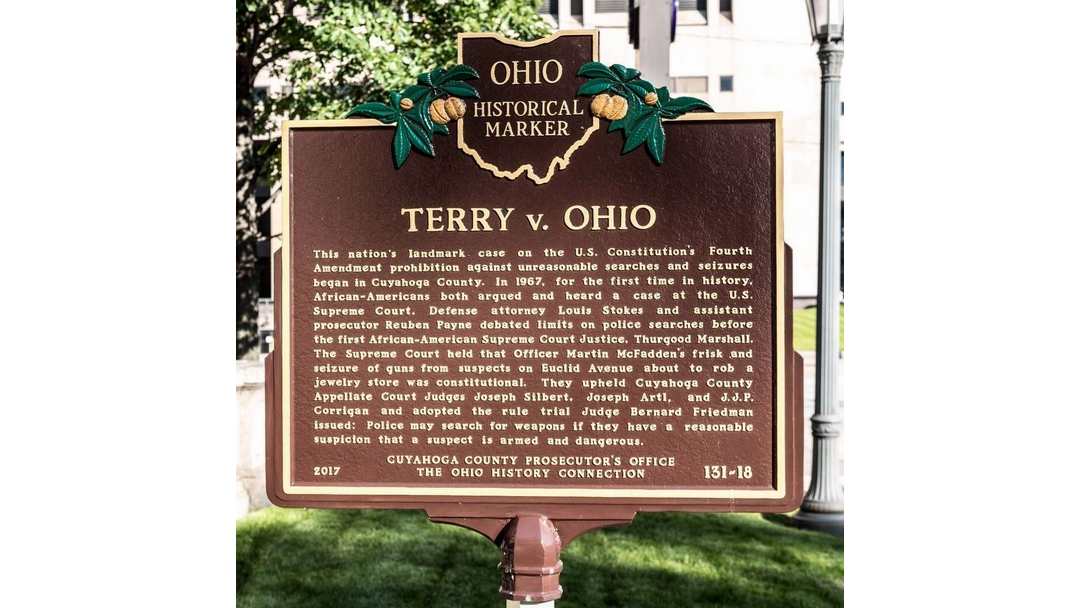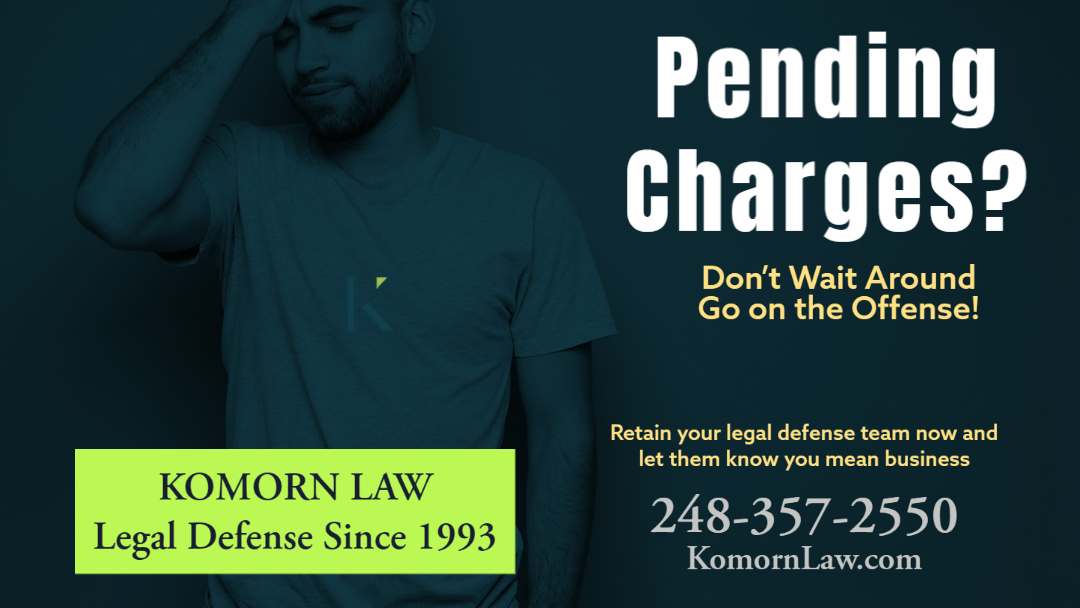Michigan Rules of Evidence: A Guide to Rules 301-302
Presumptions, those inferences drawn from established facts, play a crucial role in both civil and criminal cases in Michigan.
However, their application is carefully regulated by the Michigan Rules of Evidence, specifically Rules 301 and 302.
This article delves into these rules, providing a clear understanding of their purpose, scope, and practical implications for legal professionals and anyone interested in the intricacies of Michigan’s evidentiary landscape.
Rule 301: Presumptions in Civil Cases
This rule governs the burden of proof related to presumptions in civil proceedings.
It states that unless a statute or other rule dictates otherwise, the party against whom a presumption is directed has the burden of producing evidence to rebut it.
This burden of production, however, is distinct from the burden of persuasion, which remains on the party who originally had it.
In essence, a presumption shifts the responsibility to present evidence to the opposing party, but the ultimate responsibility to convince the court of their claim rests with the party bearing the initial burden.
The Michigan Rules of Evidence Handbook further clarifies the application of Rule 301.
It emphasizes the importance of distinguishing between rebuttable and conclusive presumptions.
Rebuttable presumptions, as described above, can be overcome by evidence, while conclusive presumptions are mandatory inferences that must be accepted by the jury.
The handbook also provides examples of common presumptions, such as the presumption of sanity, the presumption of legitimacy of a child born in wedlock, and the presumption of ownership arising from possession of property.
Have your rights been violated?
Have your driving priviledges been revoked?
Has your professional license been suspended?
Have you been charged with a crime?
Call our office to see if we can help
Komorn Law 248-357-2550
Rule 302: Presumptions in Criminal Cases
For criminal proceedings, Rule 302 takes a different approach. It governs presumptions against a defendant, whether recognized at common law or created by statute.
Unlike Rule 301, Rule 302 doesn’t impose a burden of production on the defendant to rebut a presumption.
Instead, it emphasizes that the prosecution retains the ultimate burden of proving all elements of the offense beyond a reasonable doubt. Unless it’s political of course.
The handbook elaborates on this key distinction.
It explains that the jury must be instructed that they may, but are not required to, infer the existence of the presumed fact from the basic facts presented.
This ensures that the jury retains its ultimate power to decide guilt or innocence based on the totality of the evidence, without being coerced by a presumption (in a perfect world).
Key Takeaways:
Civil cases: Presumptions in civil cases shift the burden of production, not the burden of persuasion, to the party against whom the presumption is directed.
Criminal cases: Presumptions against defendants in criminal cases do not shift the burden of proof. The jury must be instructed that they may infer the presumed fact, but are not obligated to do so.
Further Considerations:
The Michigan Rules of Evidence Handbook offers valuable insights into the nuances of these rules, including the specific wording of jury instructions, the interplay of presumptions with other evidentiary rules, and the potential limitations of certain presumptions.
For legal professionals navigating complex cases involving presumptions, studying the handbook and consulting relevant case law is crucial for ensuring a comprehensive understanding and effective application of these rules.
By understanding the intricacies of Rules 301 and 302, legal professionals and anyone interested in Michigan’s evidentiary rules can navigate presumptions with confidence, ensuring fair and just outcomes in both civil and criminal proceedings.
Important:
This article provides a simplified overview of the Michigan Rules of Evidence for informational purposes only. It should not be interpreted as legal advice. When facing legal matters, always consult with a qualified attorney for professional guidance.
The Michigan Rules of Evidence are subject to change over time. Always consult the latest official version for accurate information.
Here is the link to the Michigan Rules of Evidence Handbook. Check the footer for the latest update.
Related Articles
No Results Found
The page you requested could not be found. Try refining your search, or use the navigation above to locate the post.
More Posts

THC Detection in Blood: A Comprehensive Review
THC Detection in Blood: A Comprehensive Review Tetrahydrocannabinol (THC), the main psychoactive compound in marijuana, can remain detectable in the blood for several days or even weeks after use. This is due to the fact that THC is highly fat-soluble, meaning that it...

It’s not hard to be accused of being a Menace in Michigan
“You are a menace, you’re talking louder than me, you don’t agree with me and now you're pointing at me with gun fingers. I feel threatened! I’m calling the police”. All over a minor disagreement - probably about paper or plastic. Police arrive and can only do what...

Skymint acquired out of receivership
Tropics LP, under a new entity called Skymint Acquisition Co., acquired the assets of Green Peak Industries, doing business as Skymint, for $109.4 million. Nuff saidPlease note that cannabis at the time of this post being published is still a controlled substance...

Trulieve seeks $143M federal refund for 280E taxes
Would enforcing payment and accepting money from a federally illegal business cause you to be caught up in RICO, CCE and conspiracy charges that would put you away for decades? For you yes - For the government a big NO.Multistate marijuana company Trulieve Cannabis...

Feds Clarify Doctor Prescribed Medical Cannabis Is No Excuse
The revised federal workplace drug testing guidelines, issued by the Substance Abuse and Mental Health Services Administration (SAMHSA), Department of Health and Human Services (HHS), are intended to provide clarity. These guidelines emphasize that individuals who use...

Stop and Frisk – Terry v. Ohio
Terry v. Ohio (1968)Background On October 31, 1963 while conducting his regular patrol in downtown Cleveland, seasoned Cleveland Police detective Martin McFadden, who brought 39 years of law enforcement experience to the job, observed three men behaving suspiciously...

Can I have open alcohol in a trailer that is being pulled on the road?
Question: Can I have open alcohol in a trailer or camper that is being pulled on the road? Answer: In most instances transporting or possession of open intoxicants in a vehicle is not permitted. MCL 257.624a states in part, "a person who is an operator or occupant...

How Much Does it Cost for an Expungement in Michigan?
Ask yourself - How much is your record costing you not to have it expunged.When you have been convicted of a crime in Michigan, you are likely aware of the negative impact it can have on your life, even after you have knelt in submission, paid the fines, served your...

Pending Charges?
Pending Charges. Don't wait. Get ahead of their game. If you have been arrested but not charged yet. Don't wait while they build evidence and take your statements to use against you! They may just be building a case against you and letting you get more comfortable...

Conspiracy is a Crime
In Michigan, conspiracy is a crime that is defined as "the agreement between two or more persons to commit any crime." The crime of conspiracy could be considered complete even if the actual crime is never committed. Conspiracy is a felony in Michigan, and the...








